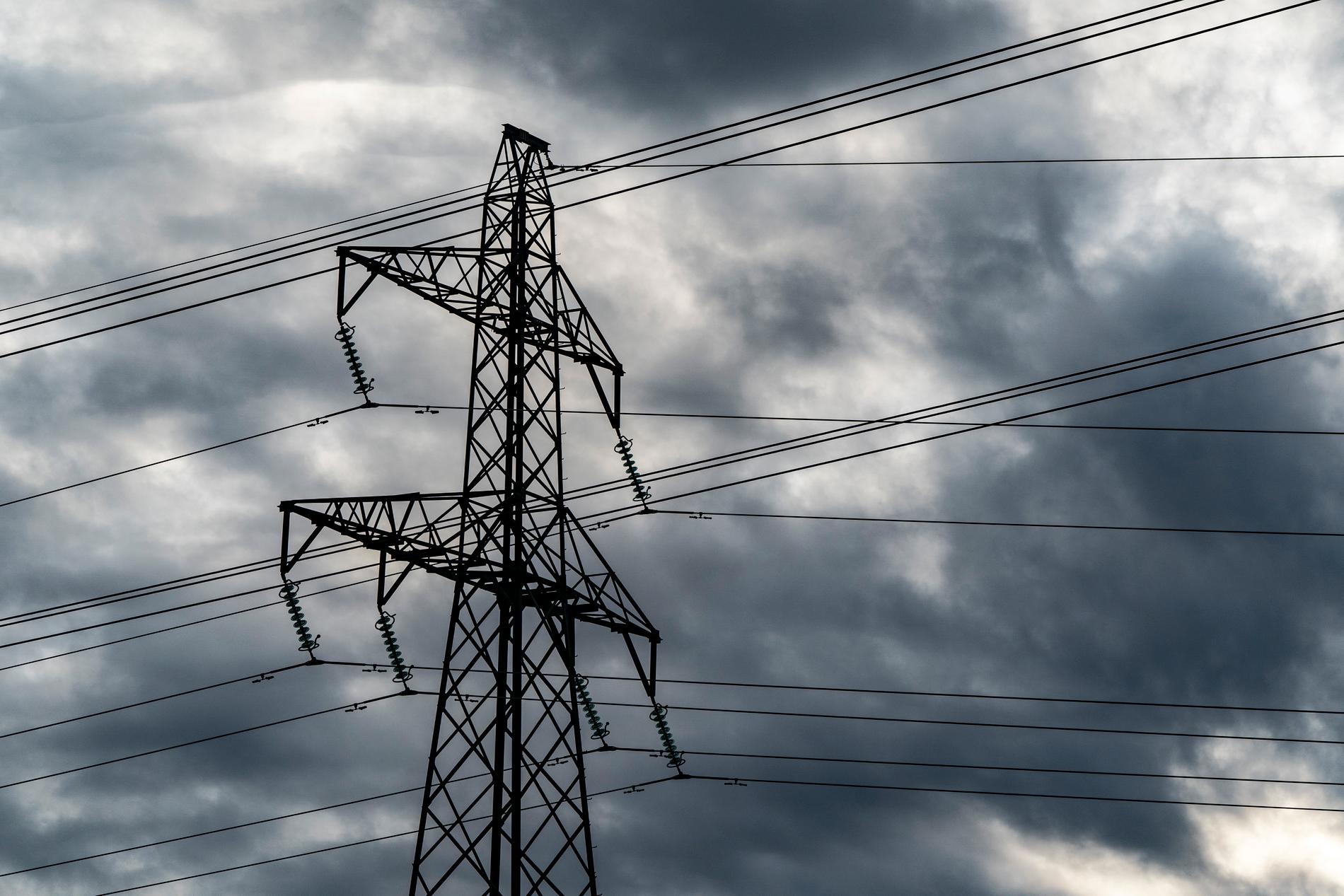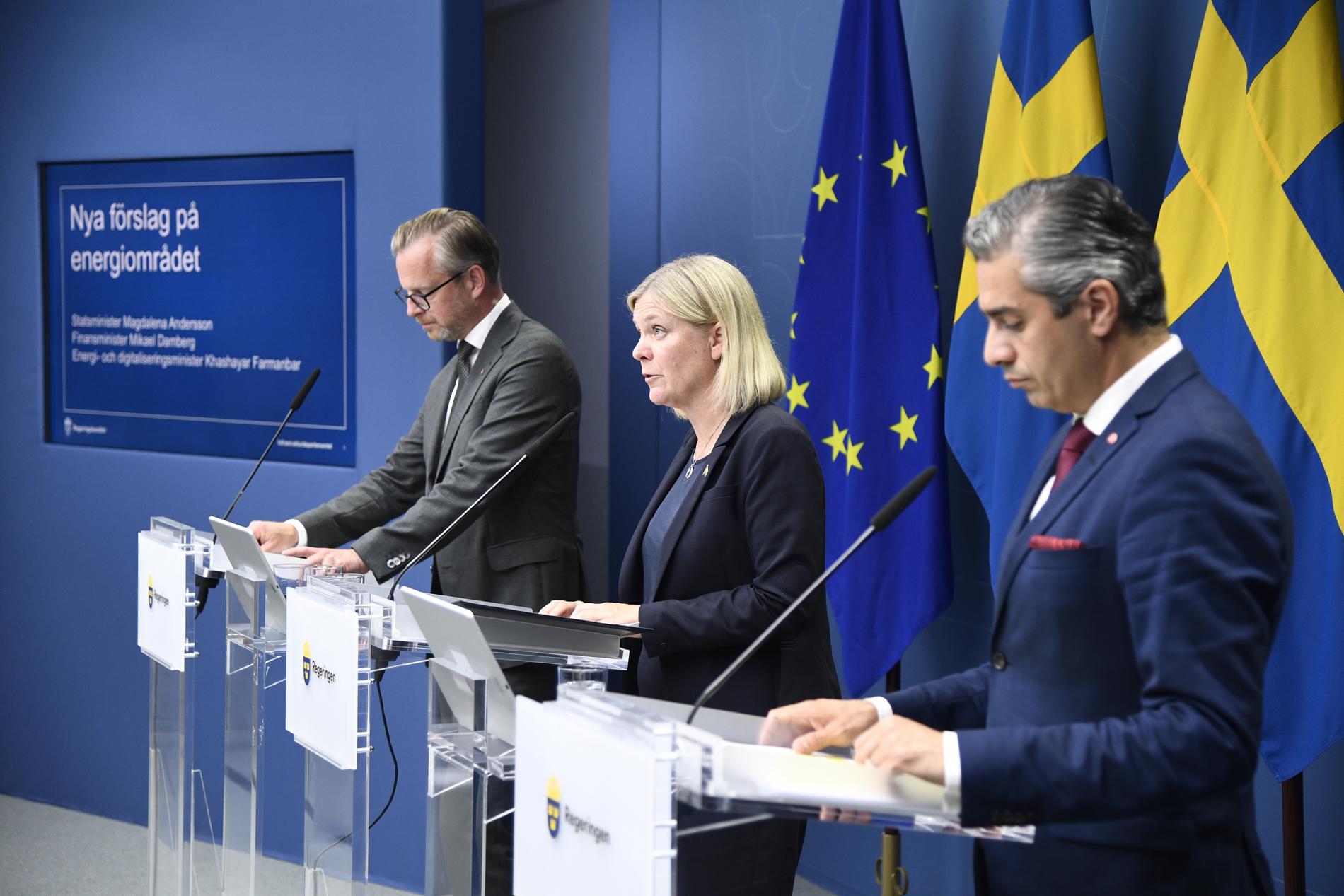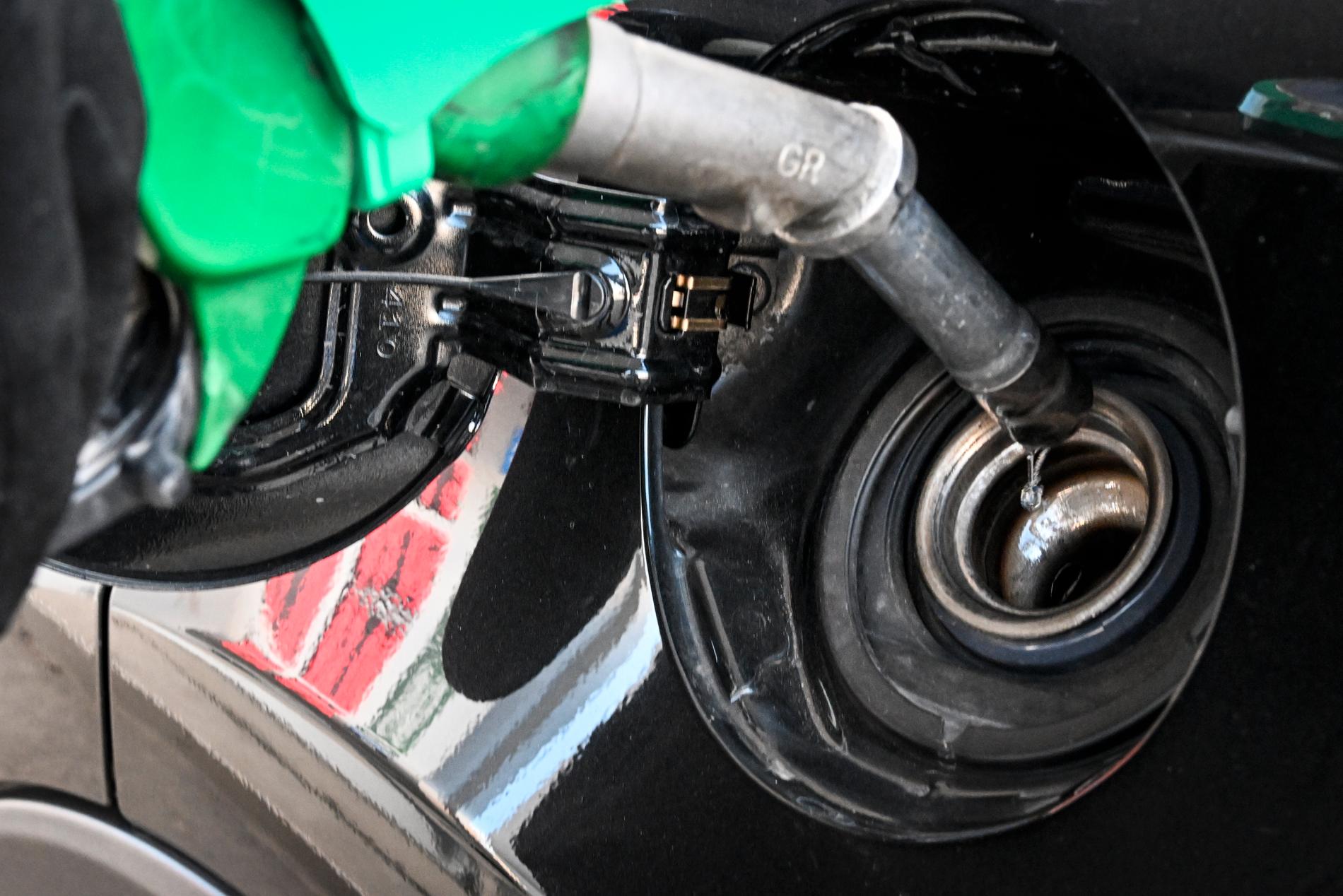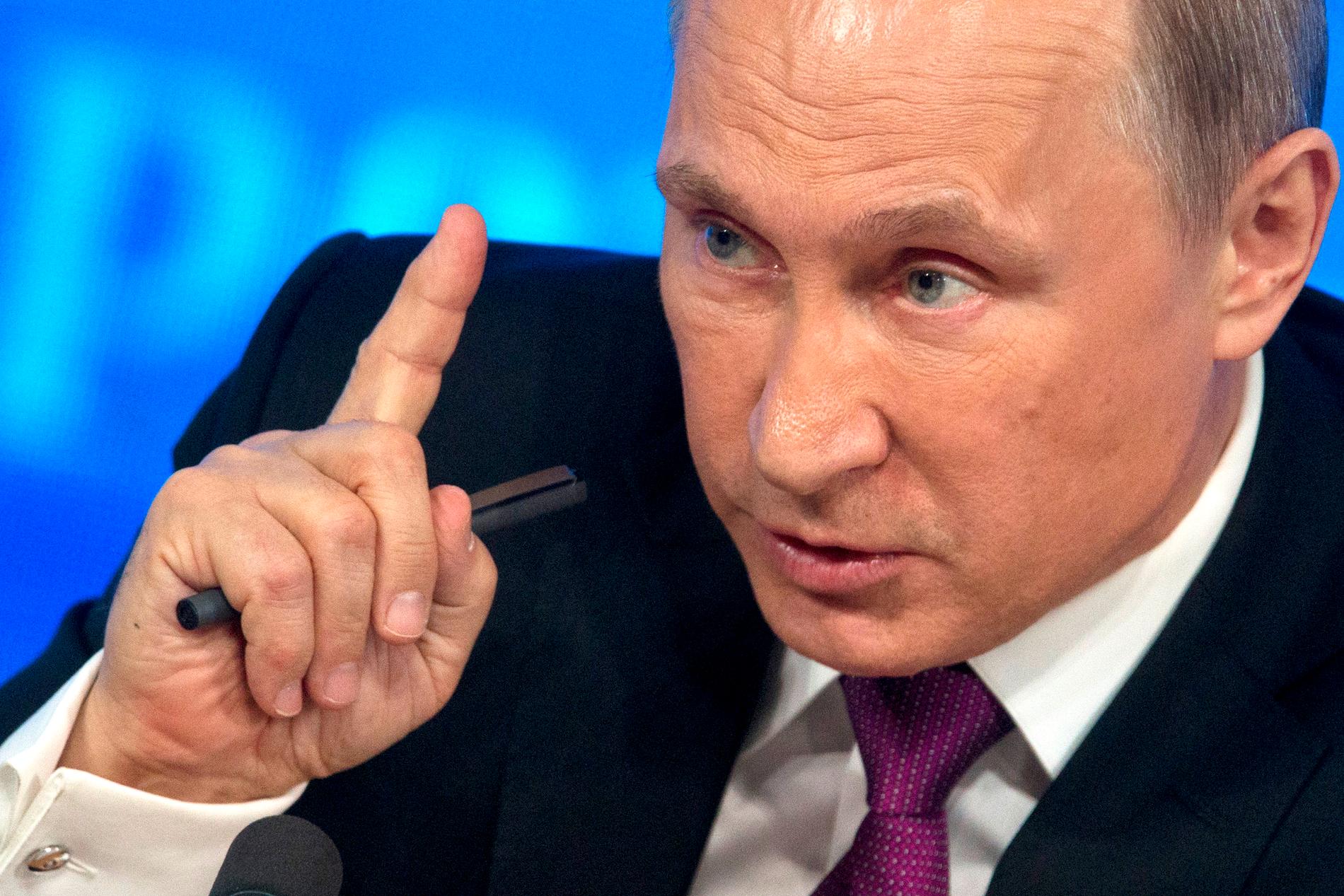


UN chief wants to see extra tax
Other winners are energy companies such as Vattenfall and Fortum.
The cost of producing a kilowatt hour of wind, hydro and nuclear power is more or less constant but the way electricity is priced gives them huge excess profits.
It cannot be reasonable that the state and profit-making companies can pile up billions when the consequence is that the citizens are brought to their knees. Then we have a system error.
We see a similar scenario when it comes to oil where, for example, the state-owned Saudi company Aramaco reported a profit increase of 90 percent for the last three months. Western-owned oil companies such as Exxon, BP and Shell also make multi-billion profits from ordinary consumers being forced to pay so much more for petrol and diesel.

Western-owned oil companies make multi-billion profits from ordinary consumers being forced to pay more for petrol and diesel. Photo: Janerik Henriksson/TT
The profits are so grotesque that UN chief Antonio Guterres recently called on the world's governments to introduce an extra tax on excess profits. He considers it immoral that the companies make money from the Ukrainian war. Britain is on the same track.
Putin does not make more money from the electricity crisis in Europe because Russia supplies less gas and thus gets paid less. The reason why he still uses the energy weapon is another.
He wants to destabilize Europe and create division between the countries. In this way, he hopes to break Europe's united front against Russia, where the EU contributes both large sums of money and advanced weapons to help Ukraine on the battlefield.
Sacrifices
One way to maintain this unity is to ensure that extreme electricity prices are not allowed to take full effect. That is precisely what Putin wants.
If millions of ordinary Europeans are forced to freeze, sell their homes or lose their jobs, the pressure on their governments to stop supporting Ukraine will increase. Then Putin can more easily force a peace agreement that is in Russia's favor.

Russian President Vladimir Putin. Photo: Pavel Golovkin / Ap
It's good to be prepared for everyone having to make sacrifices because of Putin's war. To some extent, we all already do because of increased food prices and increased interest rates that are at least partly a result of the war.
But the point of Western sanctions against Russia is to make it difficult for the Russian state to continue waging war. Not that we should create poverty and misery in our own communities.
Inga kommentarer:
Skicka en kommentar